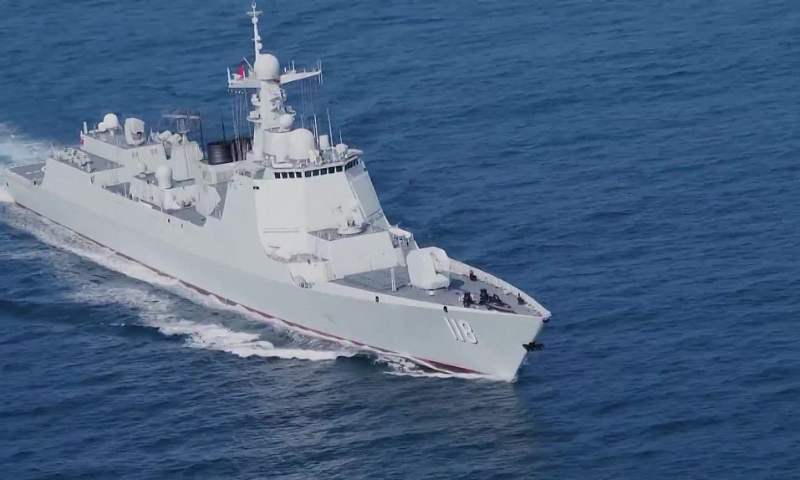In an interview with Adonis Violaris from CSN, Ronald Spithout, Managing Director of OneHealth by VIKAND, discusses the vital changes and impacts of proactive healthcare in the maritime industry. Ronald is dedicated to enhancing seafarer wellbeing, advocating for health as an investment rather than a cost.
With a background in engineering and extensive experience in telecommunications and satellite services, Ronald transitioned into the maritime industry to focus on sustainability and crew welfare. His intent is to improve seafarer well-being through digitalisation strategies, collaborating closely with VIKAND’s CEO, Peter Hult.
OneHealth by VIKAND operates through a comprehensive program that focuses on seafarer health by integrating various services aimed at enhancing welfare aboard vessels. Aligning with the World Health Organization’s definition of “One Health,” the program sees crew wellbeing as a critical component of operational success and sustainability in the maritime sector.
What distinguishes OneHealth from other maritime health services is its proactive, investment-driven approach. By targeting physical and mental wellness, it enhances safety and retains talent, leading to more efficient vessel operations. Ronald highlights the correlation between crew morale and health, asserting that healthy workers are less likely to cause and suffer from accidents.
Technology plays a pivotal role in optimizing healthcare within OneHealth’s operations. They harness AI to analyze health data, yielding insights that can preempt health risks. Innovative partnerships with companies like Scoutbase and Neuron enable intelligent health management, allowing for real-time feedback and better resource allocation. Solutions like telehealth make mental health support accessible, ensuring that crew issues are managed promptly.
One significant challenge facing the maritime sector today is talent retention. Many operators underestimate the value of robust healthcare, often equating it with increased costs. Ronald emphasizes that a focus on comprehensive crew welfare ultimately minimizes accidents and enhances safety. OneHealth addresses various facets of wellness, including nutrition and exercise, contributing to improved morale and reduced health issues.
In addition to human sustainability, OneHealth is committed to environmental stewardship, exemplified by initiatives that reduce emissions by preventing accidents and serious illnesses that would require costly diversions. VIKAND is also adapting to evolving regulations on social and environmental governance in the EU.
Looking ahead, Ronald envisions technology transforming maritime operations and healthcare. As the industry navigates decarbonisation and digitalisation, investments in advanced healthcare systems will be crucial. Partnerships remain vital, enhancing market reach and technological integration, with successful collaborations already driving the adoption of OneHealth’s services across global shipping companies.
For young professionals eyeing opportunities in maritime, Ronald encourages openness to new roles and technologies, emphasizing that this is a transformative period for the industry. Staying updated through industry publications and conferences can help navigate trends effectively.
In conclusion, Ronald Spithout conveys his excitement about the potential for impactful change within the maritime sector. By leveraging advancements in technology and focusing on crew welfare, OneHealth by VIKAND is at the forefront of revolutionizing health and safety standards at sea.
Source link










